AUGUSTA — For sale: a 183-year-old brick farmhouse in Augusta, once used by the Department of Behavioral and Developmental Services. This fixer-upper is priced to sell at $109,900.
The owner is the state of Maine.
Prospective buyers will have to wait, though. The state has suspended all real estate sales until it develops policies for selling surplus property.
The suspension, ordered by Gov. Paul LePage, followed revelations that the state sold three houses on five acres in Thomaston to a state official last month for $175,000 – just over one-third of the assessed value.
The hold on sales may not be much of an issue. There has been little interest in the brick farmhouse and most of the other properties that the state has tried to sell in the past year.
The Legislature ordered the sale of $1.5 million worth of property to help close a shortfall in the two-year state budget that ended June 30. With the state now planning to void the sale in Thomaston because it violated a conflict-of-interest law, the total amount raised from property sales is just $245,000.
That money came from two properties: the former state police barracks in Thomaston, which the state sold last year to Portland developers Kevin Bunker and Richard Berman for $104,000, and two houses and an office building on Main Street in Thomaston, which the state sold in 2009 to Carl Danielson of Port Clyde for $141,000.
The state has been trying to sell its properties in the worst commercial real estate market in Maine since the early 1990s.
To make matters worse, most of the properties are vacant, need significant repairs and are functionally obsolete, said Betty Lamoreau, acting director of the state’s Bureau of General Services, which is responsible for selling them.
When lawmakers instructed the bureau last year to raise $1.5 million from property sales, Lamoreau said, officials warned that it would be difficult.
“It was an overambitious goal,” she said.
The market for investment-grade properties – commercial buildings and large apartment buildings that have dependable tenants – has been relatively stable, said John Vogell, a senior commercial broker with Dawson Commercial Brokers in Bangor. But the state is trying to sell buildings that for the most part don’t have tenants. That means it must find buyers who plan to occupy the buildings – in a market in which buyers have many options.
“Those are not easy to sell,” Vogell said of the state properties. “You need to find a user.”
Although other funds have been moved around to fill the $1.5 million budget hole, officials still intend to sell all of the surplus properties and direct the proceeds to the state’s general fund, Lamoreau said.
Waiting for the real estate market to improve is an option, but the state would save money by selling the buildings now, she said. Vacant properties deteriorate more quickly than occupied properties, and annual maintenance costs on some of the properties are expensive.
In Hallowell, for example, the state is trying to sell the Stevens School Campus. The property costs more than $300,000 a year to maintain and heat, even though only three of the 13 buildings are occupied.
The 63.5-acre campus has five buildings that are listed on the National Register of Historic Places and has been marketed as a potential business park. But its proximity to the Central Maine Pre-Release Center has discouraged some prospective buyers, Lamoreau said.
MaineToday Media State House Writer Tom Bell can be contacted at 699-6261 or at: tbell@mainetoday.com
Send questions/comments to the editors.

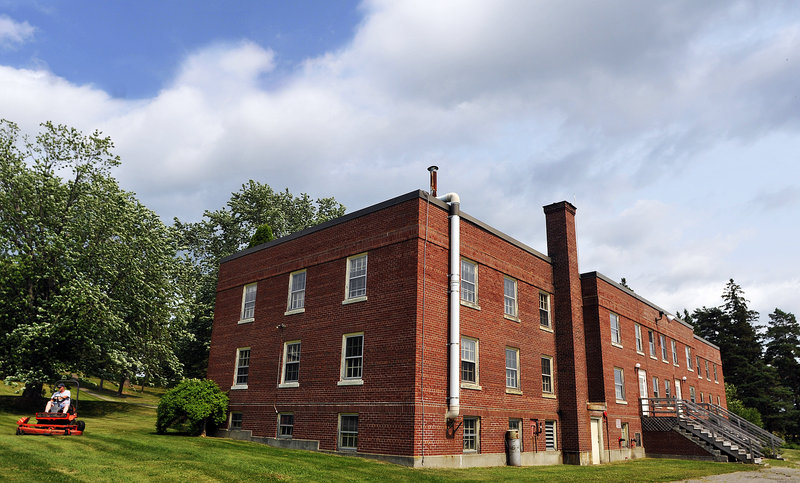
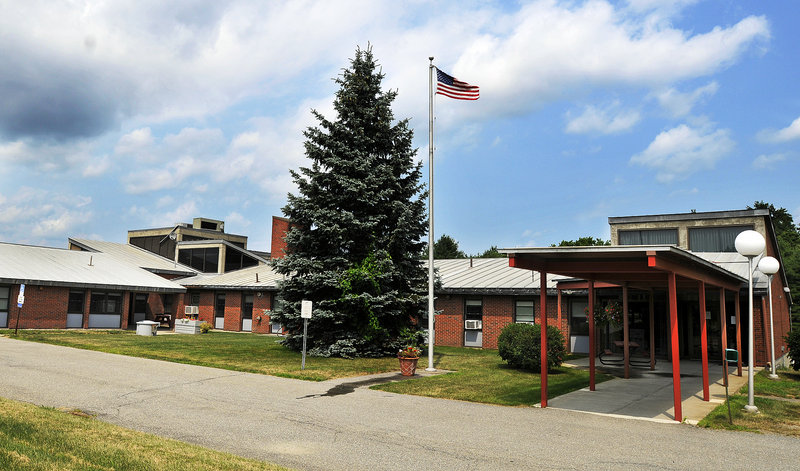
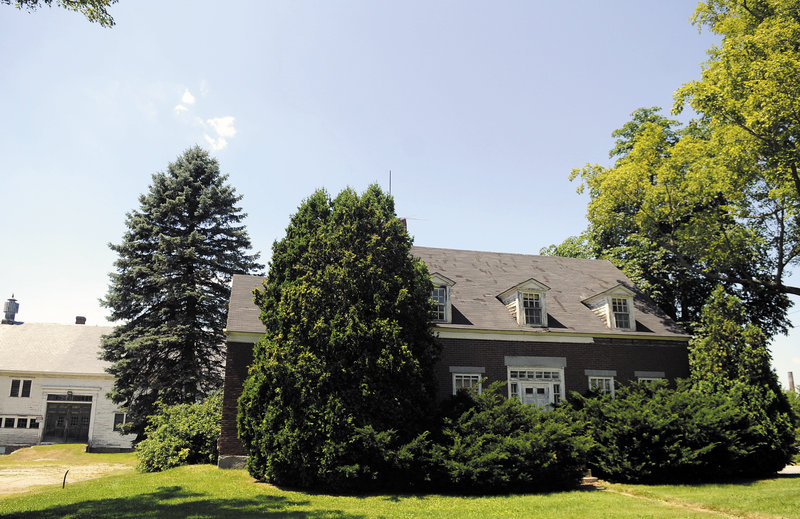
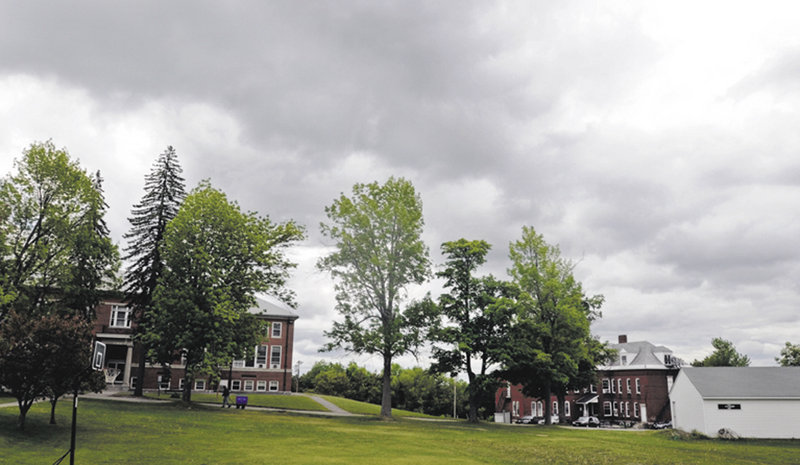
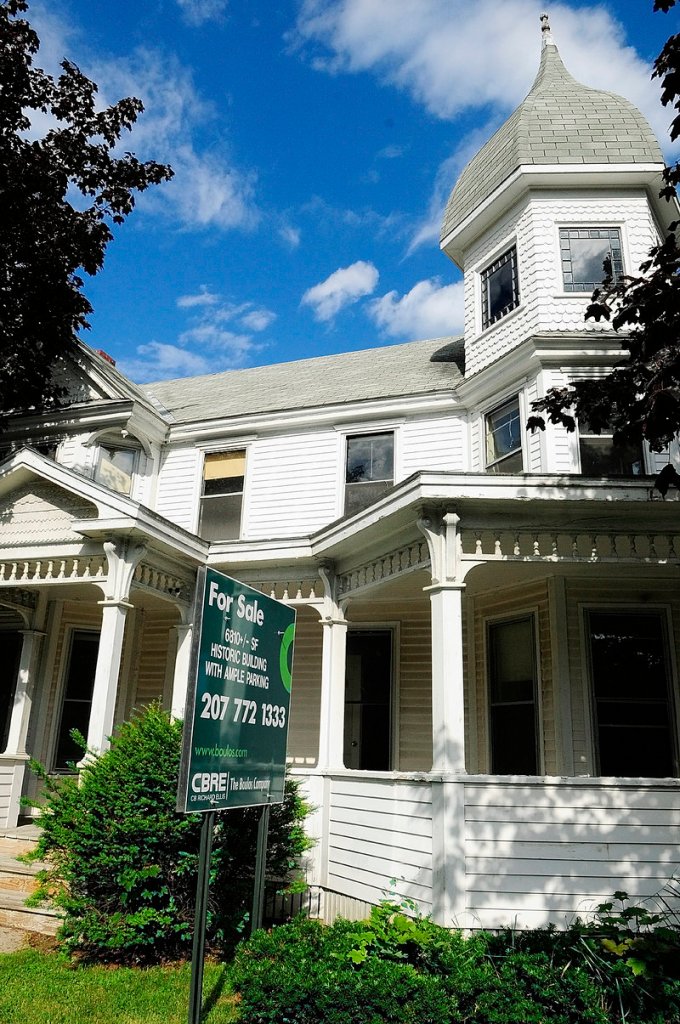
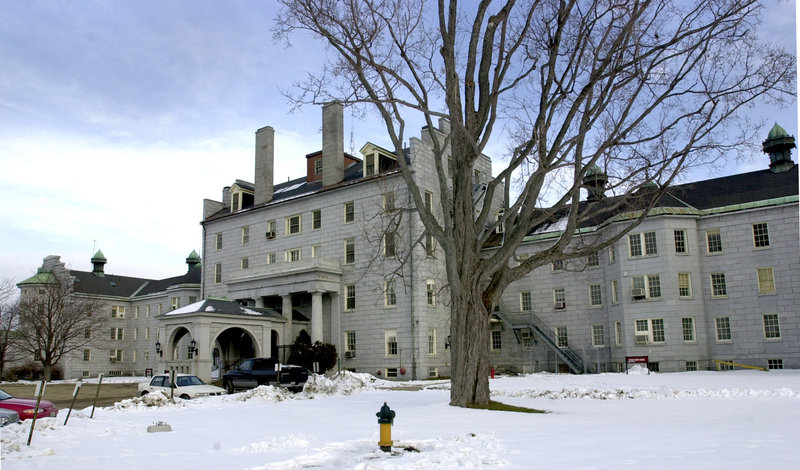
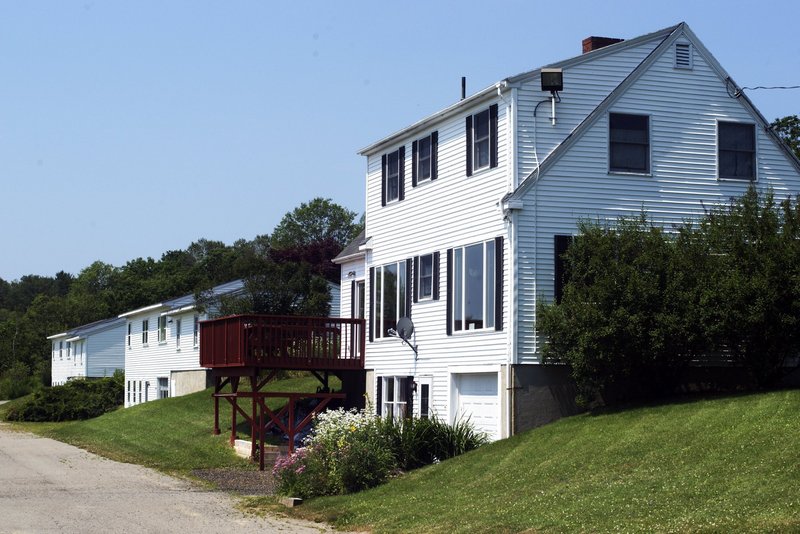

Success. Please wait for the page to reload. If the page does not reload within 5 seconds, please refresh the page.
Enter your email and password to access comments.
Hi, to comment on stories you must . This profile is in addition to your subscription and website login.
Already have a commenting profile? .
Invalid username/password.
Please check your email to confirm and complete your registration.
Only subscribers are eligible to post comments. Please subscribe or login first for digital access. Here’s why.
Use the form below to reset your password. When you've submitted your account email, we will send an email with a reset code.